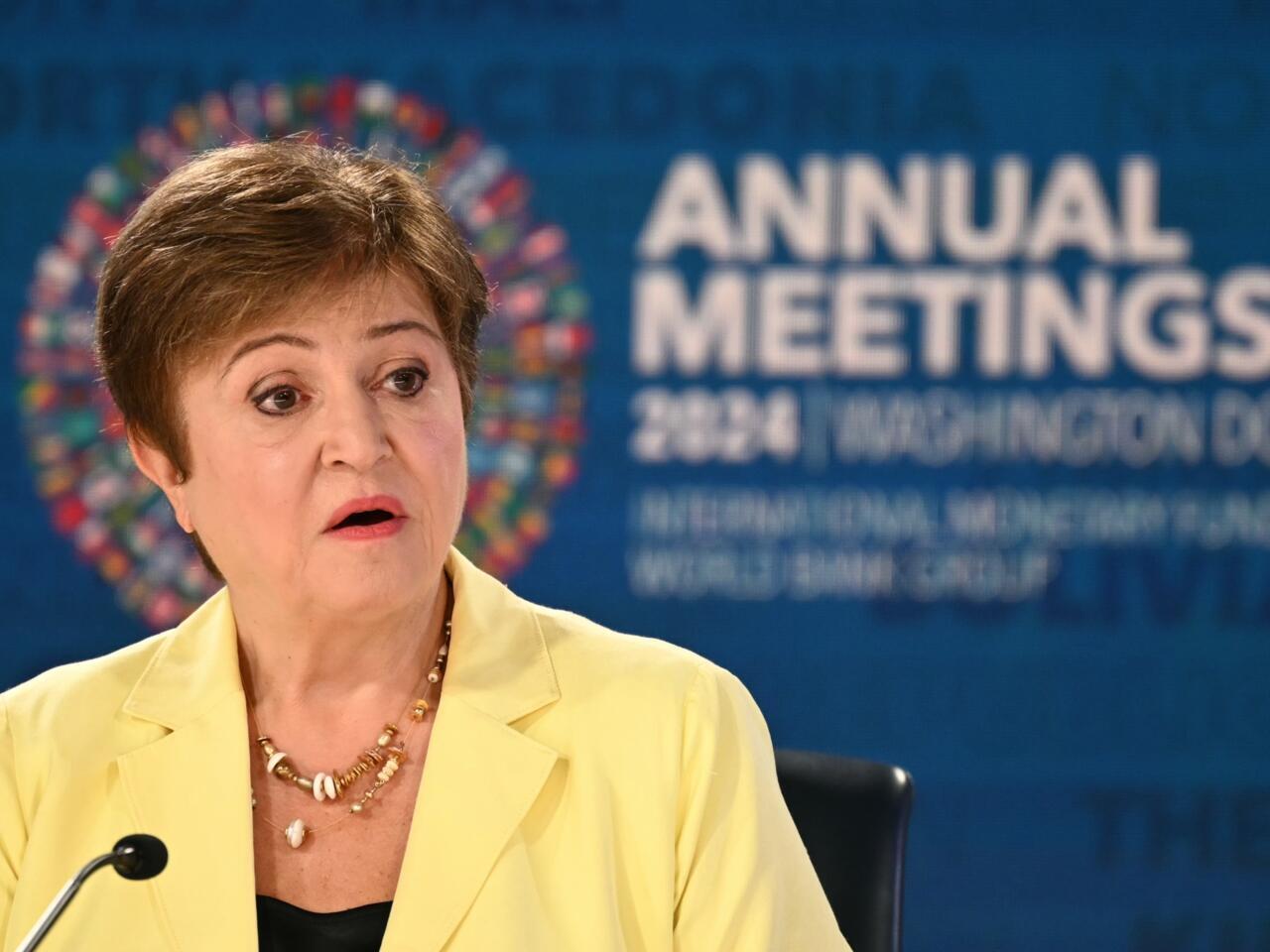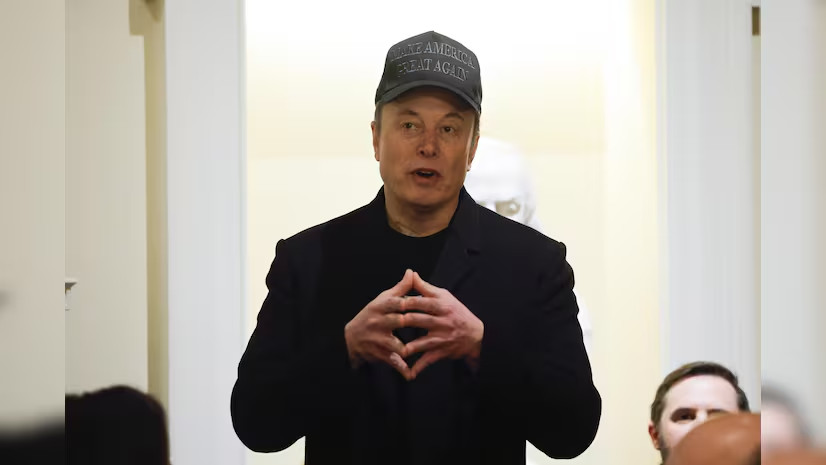The International Monetary Fund (IMF) has stated that, despite escalating trade tensions and the implementation of new tariffs, the global economy is expected to avoid a recession. However, the IMF anticipates a slowdown in growth due to these developments.
IMF Managing Director Kristalina Georgieva announced that the organization will revise its global growth forecasts downward in response to increasing trade restrictions, particularly those initiated by the United States and subsequent retaliatory measures from China and the European Union. These actions have introduced significant uncertainty into the global trading system. Nevertheless, Georgieva emphasized that a worldwide recession is not currently anticipated.
The IMF warns that the resurgence of protectionist policies, including widespread tariffs, could have long-term detrimental effects on the global economy. In a worst-case scenario, such measures could reduce global economic output by up to 7%, equivalent to approximately $7.4 trillion, which is comparable to the combined economies of France and Germany.
In its forthcoming World Economic Outlook, the IMF is expected to adjust its previous global growth projections, which stood at 3.3% for both 2025 and 2026. The revised outlook will account for the impacts of rising tariffs, increased inflation in certain countries, and heightened financial market volatility.
Georgieva highlighted that persistent uncertainty could lead to financial market stress, as evidenced by recent fluctuations in U.S. Treasury yields. She also noted that protectionist policies undermine innovation and productivity, particularly in smaller economies. To mitigate these risks, she urged for continued economic reforms, flexible monetary policies, and enhanced global cooperation.
In summary, while the IMF does not foresee an imminent global recession, it underscores the importance of addressing trade tensions and avoiding protectionist measures to sustain global economic growth.

.jpg)









